August Special Days:
1. Startup Day Across America, National Girlfriends Day, Respect For Parent Day, National Night Out.
2. National Coloring Book Day
3. National Watermelon Day
4. National Chocolate Chip Cookie Day, National Coast Guard Day
5. National Underwear Day, National Disc Golf Day, National Mustard Day
6. National Fresh Breath Day, National Wiggle Toes Day, National Friendship Day, National Sisters Day.
7. Purple Heart Day, National Lighthouse Day
8. National Happiness Day, National Dollar Day; National Sneak Some Zucchini Onto Your Neighbor's Porch Day
9. National Veep Day, National Book Lovers Day (A great thing to celebrate!)
10. National Lazy Day, National S'Mores Day
11. National Sons And Daughters Day, National Presidential Joke Day,
12. National Vinyl Records Day, National Middle Child Day, National Bowling Day, National Garage Sale Day (Perhaps you call it a yard sale or a tag sale...all the same thing)
13. Left-handers Day (Interesting that it's celebrated on the 13th...)
14. National Spirit of '45 Day, National V-J Day
15. National Relaxation Day
16. National Tell A Joke Day, National Airborne Day, National Airborne Day
17. National Nonprofit Day, National I Love My Feet (or Flippers) Day, National Thrift Shop Day
18. National Mail Order Catalog Day, National Ice Cream Pie Day
19. National Aviation Day, National Soft Ice Cream Day
20. National Radio Day
21. National Senior Citizens Day
22. national Bao Day, National Tooth fairy Day
23. National Ride The Wind Day
24. National Waffle Day
25. National Kiss And Make Up Day, National Second Hand Wardrobe Day
26. National Webmistress Day, National Dog Day, National Women's Equality Day
27 National Just Because Day
28. Rainbow Bridge Remembrance Day
29. Whew! A day off from all these parties....
30. National Toasted Marshmallow Day; National Grief Awareness Day
31. National Matchmaker Day; National Diatomaceous Earth Day
August has so many great days to celebrate. If you're like me, you'll have a tough time deciding which ones to choose! But I've think I've narrowed down my selection and I'm hopping off to the party store to pick up my supplies. Have a great month everyone and please come back for the September Calendar of Special Days.
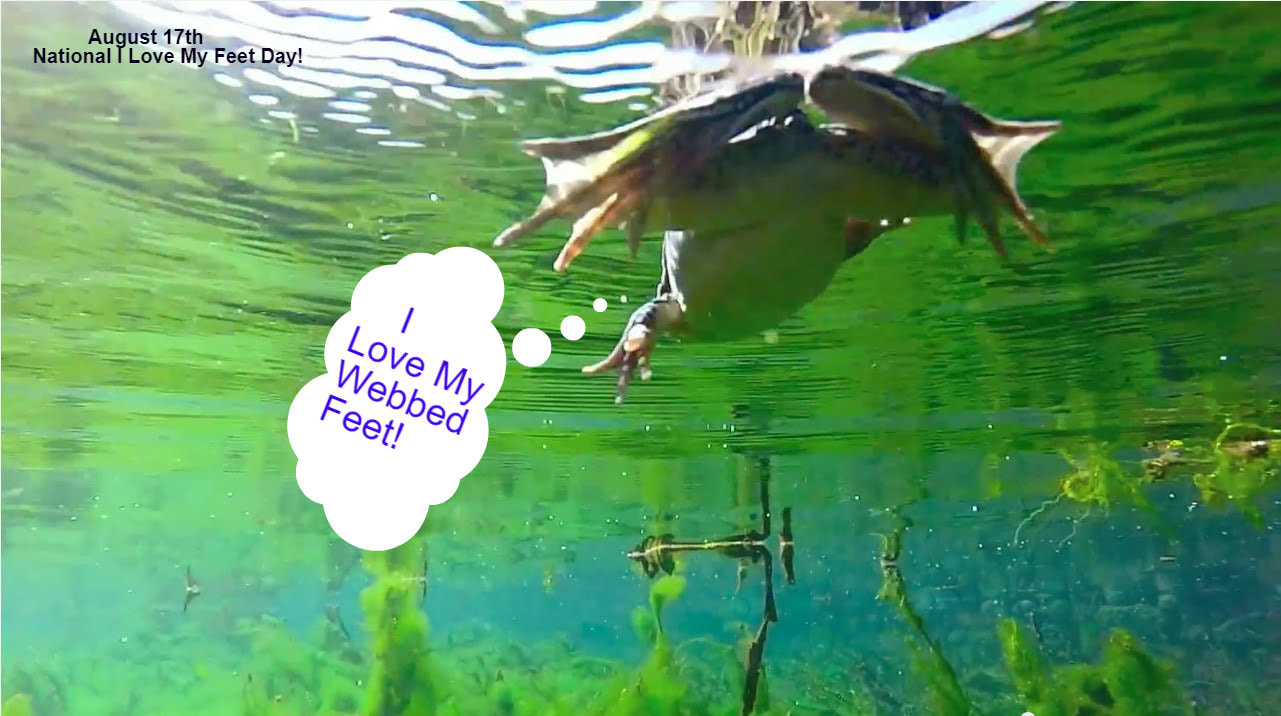
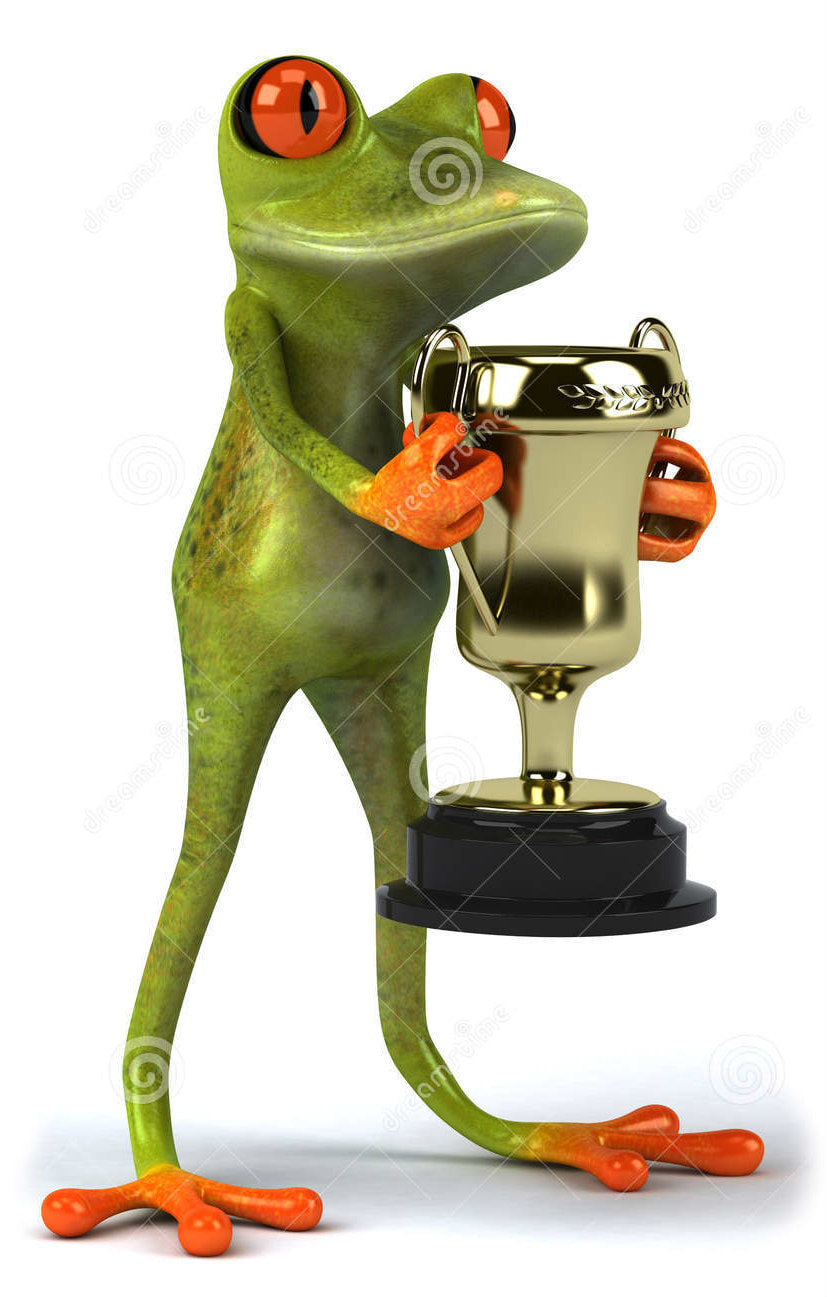
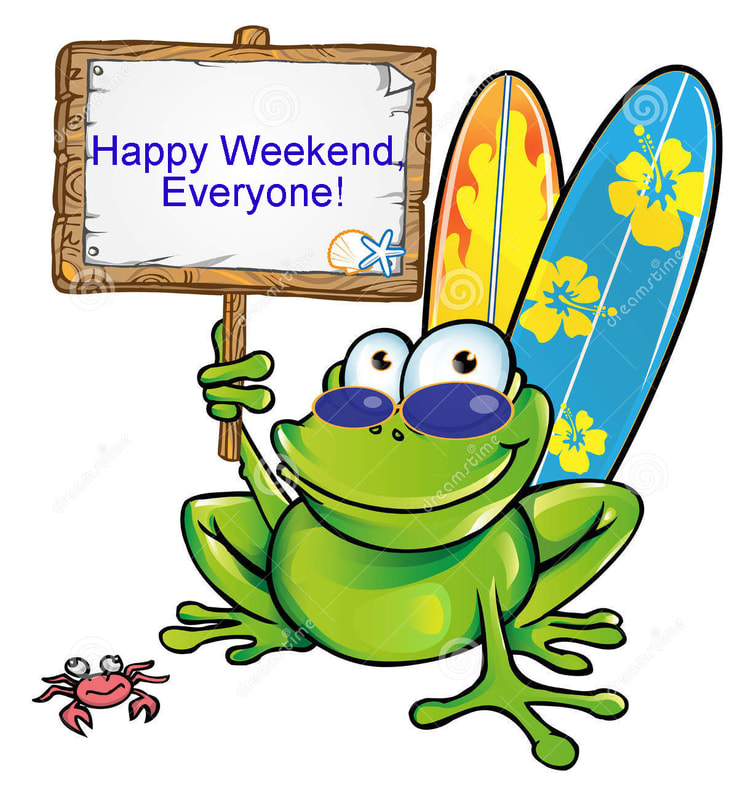

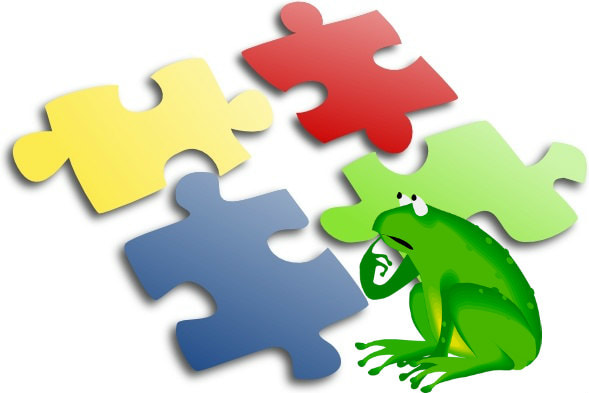
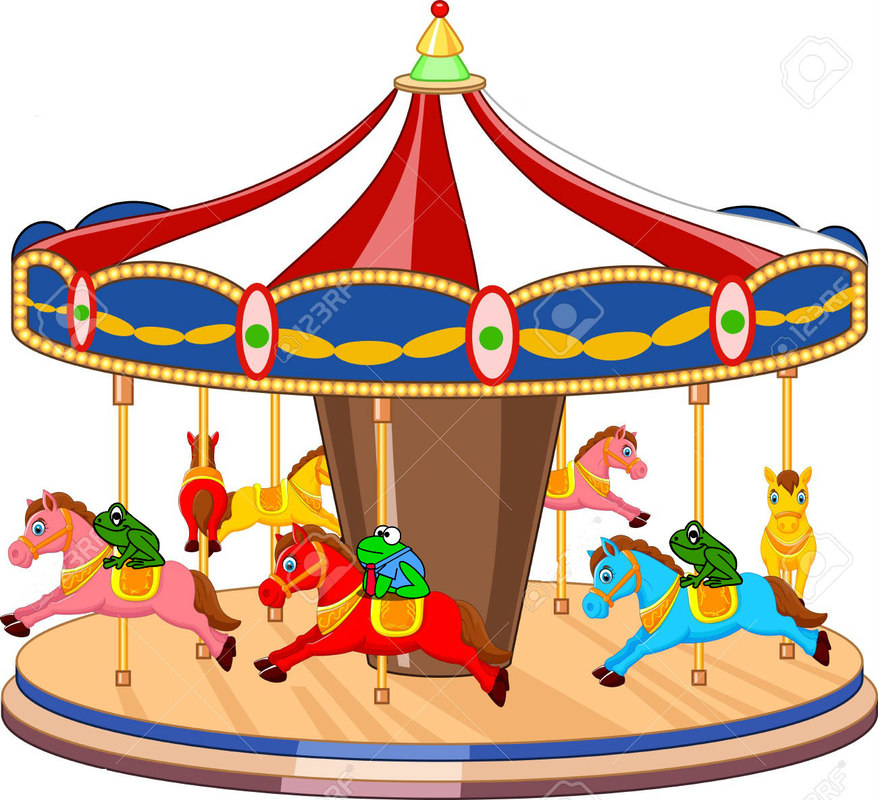
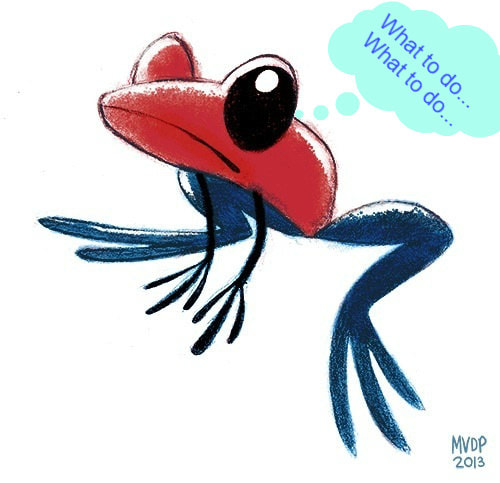
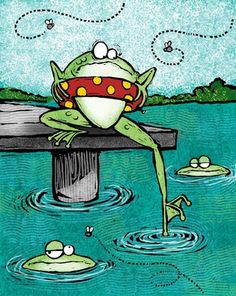
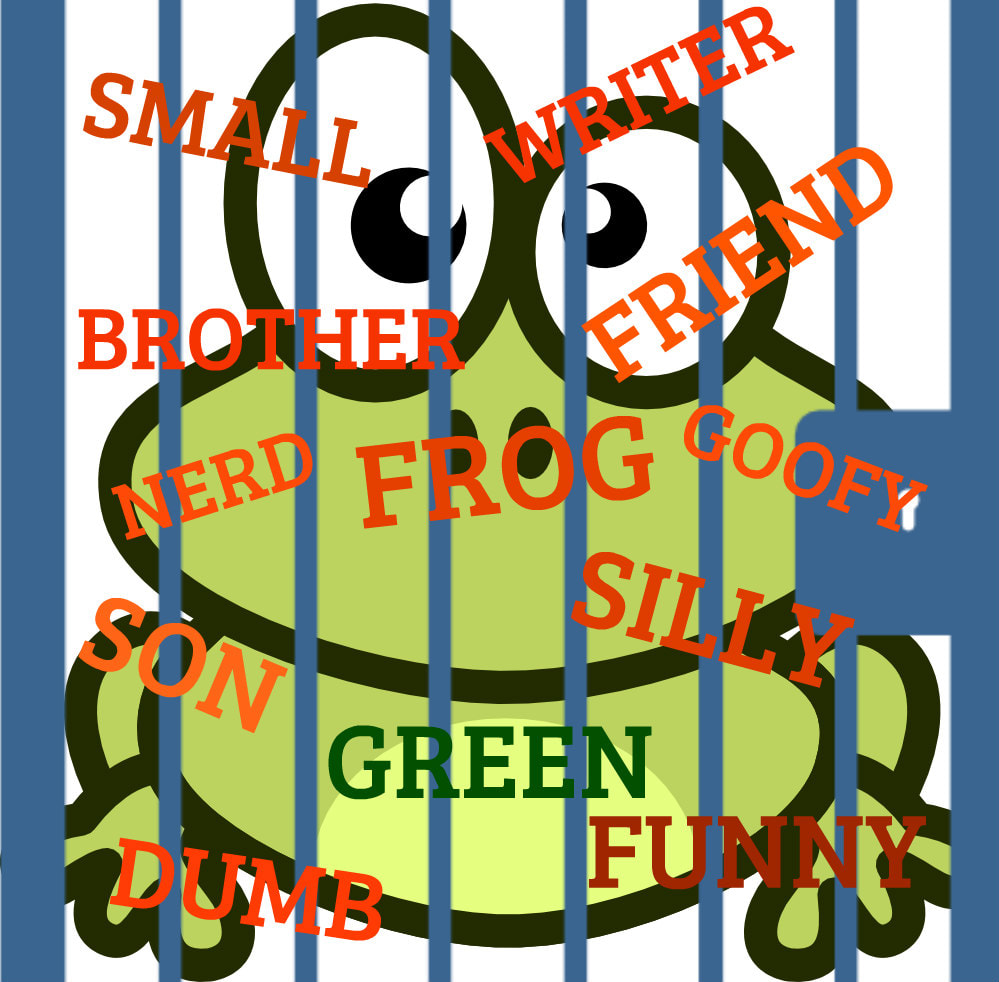
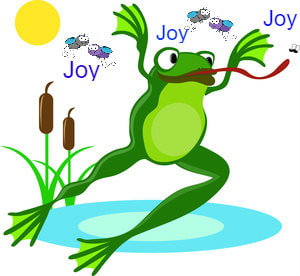
 RSS Feed
RSS Feed